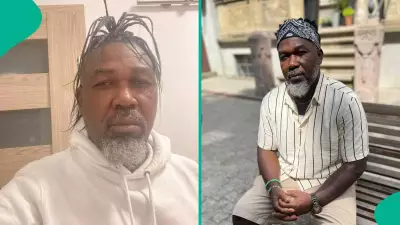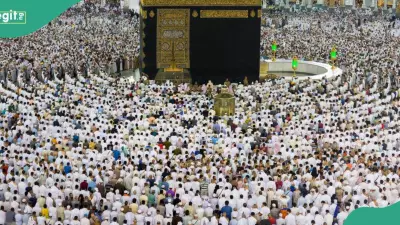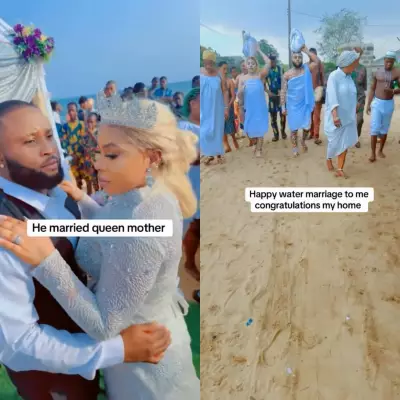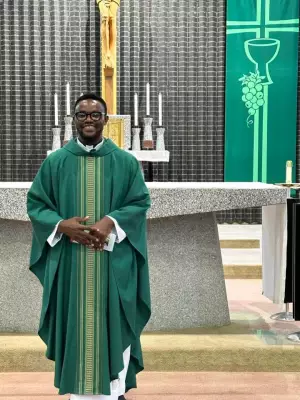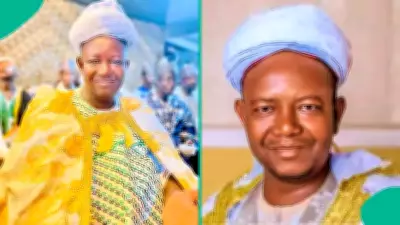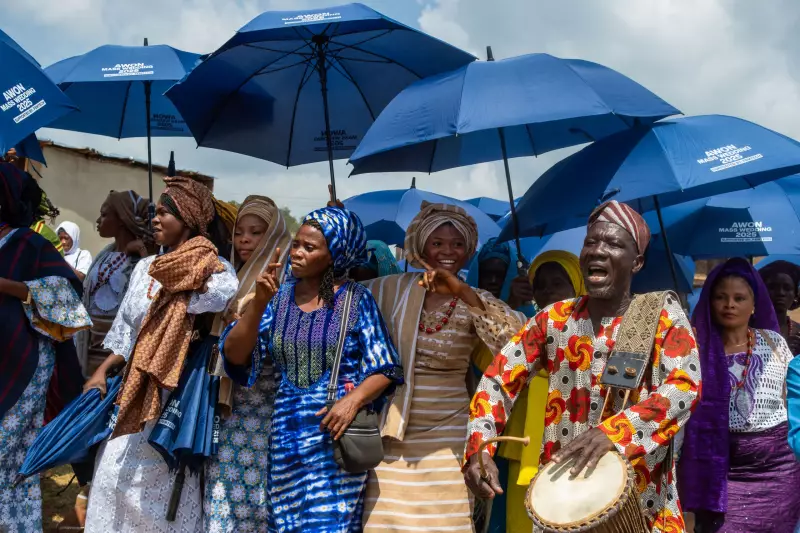
In an extraordinary celebration of heritage and unity, Kwara State became the stage for one of Nigeria's most spectacular cultural events this year. The ancient town of Omu-Aran transformed into a vibrant tapestry of colors, music, and tradition as 180 couples simultaneously exchanged vows in a grand traditional wedding ceremony that captivated the entire community.
A Cultural Renaissance in Modern Times
The historic event, meticulously organized by the Omu-Aran Development Association, represents more than just matrimonial unions—it's a powerful statement about preserving Yoruba cultural identity in contemporary society. Elder Segun Adebayo, the association's president, emphasized that this collective ceremony serves multiple purposes beyond the obvious romantic connections.
"This isn't merely about marriage," Adebayo explained with visible pride. "We're reviving our cherished traditions while ensuring our young people begin their marital journeys with the full blessings of our ancestors and community. The cultural significance cannot be overstated."
The Rich Tapestry of Yoruba Marriage Rituals
The ceremony unfolded as a living museum of Yoruba traditions, featuring:
- Introduction Ceremonies (Mo mi mo e): The formal presentation of families
- Bridal Price Negotiation: Traditional discussion of bride price with symbolic items
- Prayer Sessions: Elders invoking ancestral blessings for prosperity
- Cultural Dances: Traditional performances celebrating union and community
- Exchange of Gifts: Symbolic presentation of kola nuts, bitter kola, and other traditional items
Economic and Social Benefits for the Community
Beyond the cultural significance, the mass wedding provided substantial economic stimulation for Omu-Aran. Local artisans, caterers, fashion designers, and musicians experienced unprecedented demand for their services, creating a temporary economic boom that benefited numerous households.
"This event has been a blessing for my business," shared Adeola Johnson, a local fabric merchant. "I've sold more traditional attire in the past month than I typically sell in six months. The entire community is benefiting from this celebration."
Ensuring Marital Success Through Tradition
Community leaders revealed that the mass wedding approach helps address modern marital challenges by embedding couples within a supportive cultural framework. The shared experience creates instant support networks among the newlyweds, while the involvement of elders provides guidance that many contemporary marriages lack.
"When couples marry within our traditions, they understand the seriousness of the institution," noted Chief Folake Adewumi, a prominent community leader. "The rituals remind them that marriage extends beyond two individuals—it unites families, communities, and generations."
A Model for Cultural Preservation
The resounding success of this year's ceremony has inspired discussions about making the mass traditional wedding an annual event. Other communities in Kwara State and beyond are reportedly considering similar initiatives to strengthen cultural identity among younger generations.
As the sun set on the historic day, the air filled with joyful celebrations, the 180 couples embarked on their new lives together—not just as married partners, but as living embodiments of Yoruba cultural resilience and the community's commitment to preserving its heritage for generations to come.

